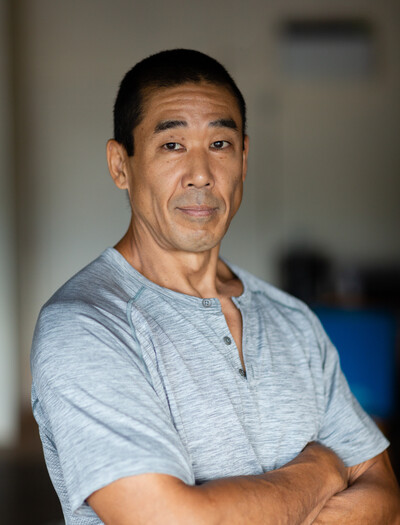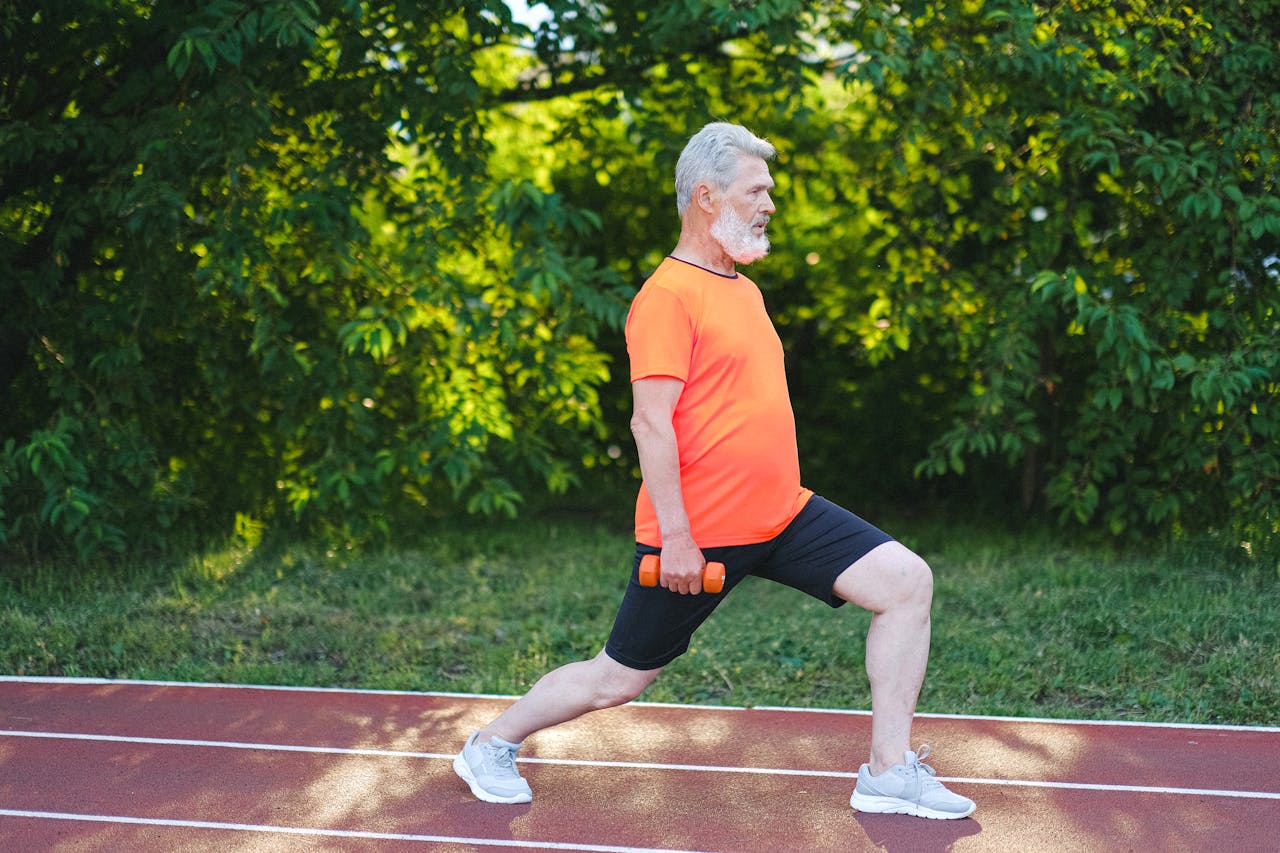As we get older, staying strong and healthy becomes more than just a goal—it becomes a necessity. And when you throw a major health challenge like surgery into the mix, it can feel like starting over. That’s exactly what happened to me seven years ago when I was diagnosed with cancer and had to undergo major surgery to remove one of my kidneys.
Recovering from that experience changed everything I thought I knew about fitness. I had to learn how to approach exercise after surgery for older men in a way that worked with my body—not against it. That’s why I was so inspired by the story of Bill Maeda, a personal trainer in his 50s who went through a similar battle with cancer and rebuilt his strength one simple step at a time.
Cancer Was a Wake-Up Call
After my surgery, I lost about 35 pounds, including a lot of hard-earned muscle. Like many guys in their 60s, I thought I could just jump back into the gym and go hard. I quickly found out I was wrong—I injured my back trying to do too much too soon.
It wasn’t until I slowed down, started working with a trainer, and rebuilt my foundation that I truly began to recover. I had to learn that smart, sustainable exercise after surgery is very different than the “no pain, no gain” mentality I grew up with.
Bill Maeda’s Story: Start Simple, Stay Consistent
I read a story on AOL.com about Bill Maeda written by Gabby Landsverk. Now 56, Bill was diagnosed with stage 3 colon cancer in his early 40s. After major surgery and chemotherapy, he had to completely rebuild his health and strength. His approach to exercise after surgery for older men was rooted in simplicity and consistency.
Instead of chasing complex or flashy routines, he focused on the basics—squats, deadlifts, kettlebell swings, and push-ups. These foundational movements helped him regain muscle and mobility without overstressing his body.
It was a reminder that you don’t need an intense program to get results. What matters most is showing up, doing the work, and giving your body time to heal and adapt.

Rucking: A Powerful, Low-Impact Workout
One strategy Maeda swears by is rucking—walking with a weighted backpack. He started with a simple backpack full of bricks and gradually increased the load. Now, he rucks for 30 minutes a day with 45 pounds on his back, often while walking his dogs.
I’ve started incorporating rucking into my own routine, and I love how it turns an everyday activity into a strength and endurance workout. For anyone considering exercise after surgery, especially older men, rucking is a great way to build muscle and cardiovascular health without the high risk of injury.
Why “No Pain, No Gain” Doesn’t Work Anymore
One of the biggest shifts for me—and for Bill—was letting go of the idea that a workout has to leave you drained to be effective. In your 50s and beyond, especially after a major health event, the goal should be to feel better after your workout, not worse.
Recovery is just as important as effort. And when you’re doing exercise after surgery for older men, preserving energy and avoiding setbacks is key. You want to build momentum—not burn out.
A Simple Workout to Start Exercise After Surgery for Older Men
Bill recommends a no-equipment “ladder workout” that’s great for beginners or those getting back into shape:
- 1 squat, 1 push-up
- 2 squats, 2 push-ups
- 3 squats, 3 push-ups
- ...continue up to 5 (or as far as you can comfortably go)
This kind of bodyweight workout is scalable, safe, and effective—ideal for older men returning to exercise after illness or surgery.
Final Thoughts: Your Reboot Starts Now
Whether you’ve been through cancer, surgery, or just the challenges of aging, know this: you can come back. You can rebuild. And you can feel stronger than ever—physically and mentally. Plus, to increase your health span, it's a must.
Exercise after surgery for older men isn’t about ego or intensity. It’s about listening to your body, staying consistent, and focusing on the basics that work.
If you’re ready to reboot your vitality and strength, start with something small today. A walk. A few bodyweight movements. A mindset shift. The most important part is simply getting started.
To learn more about our focus and mission, visit My Vitality Reboot.
Beneve makes absolutely no medical claims with regards to our products, or individual ingredients.
Disclaimer: MyVitalityReboot.com does earn a commission from Beneve purchases made through links on this site — at no extra cost to you.
This enables us to continue providing high-quality content on health and vitality for men over 50.

